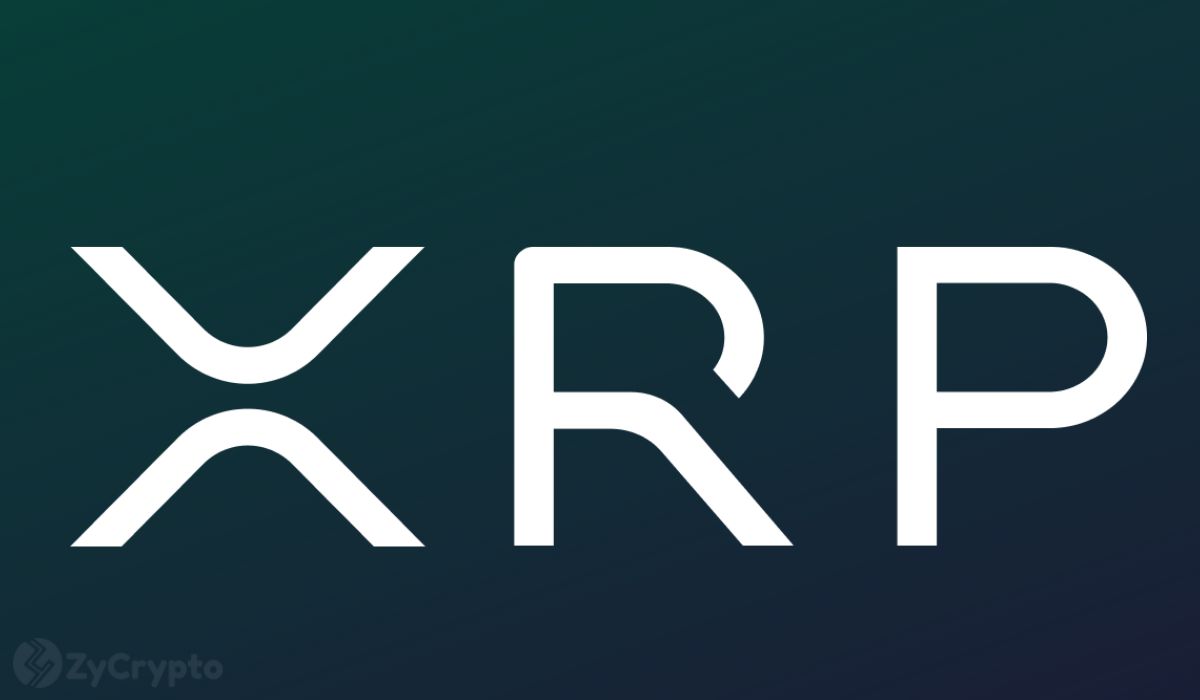The U.S. Securities and Exchange Commission (SEC) has suffered another legal setback in its lawsuit against Ripple Labs, the company behind XRP, the fifth-largest cryptocurrency by market capitalization ($27,847,185,251), according to CoinMarketCap data.
In July of this year, Judge Analisa Torres of the U.S. District Court ruled that the sale of XRP did not necessarily constitute an offering of unregistered securities by Ripple Labs, as argued by the SEC in its original lawsuit.
Aside from being highly controversial from a regulatory standpoint, the Judge’s ruling marked a significant victory for Ripple, causing its native token to surge by nearly 80% within hours of the announcement. At that moment, XRP’s market cap increased by over $70 billion due to the excitement generated by the news.
Judge Rejects SEC’s Appeal to Overturn the Ruling
This Tuesday, Judge Torres rejected the SEC’s appeal to overturn her July decision, stating that the previous ruling would create “complicated legal issues” at the regulatory level and thus should be reviewed by a federal appeals court before the case concludes, according to Reuters.
However, Judge Torres disagreed, ruling that the SEC had failed to demonstrate that her original decision was sufficiently flawed or problematic.
This recent legal setback led to a price increase of more than 8% for XRP after the announcement, pushing it from $0.505 to a peak of $0.5480. While the surge may not have been as dramatic as in July, it solidified XRP’s position as one of the most appealing cryptocurrencies for investors eagerly anticipating the $10 XRP price amid the outcome of the SEC vs Ripple legal showdown, according to Santiment.
Future Implications for Ripple and the Crypto Industry
While the SEC still has the opportunity to appeal Judge Torres’s ruling again when the case concludes after the trial scheduled for April 2024, the ruling itself represents a major victory for Ripple and the cryptocurrency industry as a whole. It demonstrates that the SEC’s aggressive stance against the industry may not be the most legally sound.
Therefore, if Ripple ultimately wins the case against the SEC, it will likely set an important and far-reaching precedent for how cryptocurrencies are regulated in the United States. Will Ripple emerge victorious, or will the SEC ultimately have its way?



 In another big ruling for
In another big ruling for